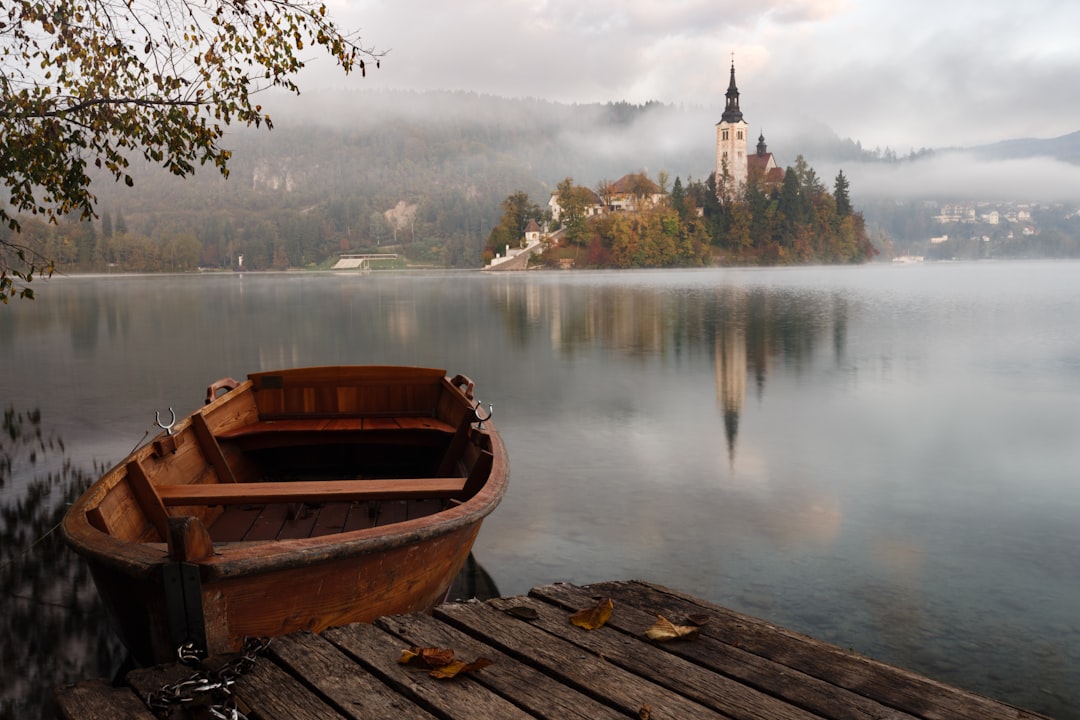Unlikely Support
In finding our way back.

Some of the best books on writing novels I’ve read were written by atheistic Materialists hailing from evolutionary biology. In his book, "The Storytelling Animal," Jonathan Gottschall argues from a purely scientific standpoint that, in fact, we are all creatures of story. Here’s the blurb for his book:
“Humans live in landscapes of make-believe. We spin fantasies. We devour novels, films, and plays. Even sporting events and criminal trials unfold as narratives. Yet the world of story has long remained an undiscovered and unmapped country… stories help us navigate life's complex social problems… Drawing on the latest research in neuroscience, psychology, and evolutionary biology, Gottschall tells us what it means to be a storytelling animal and explains how stories can change the world for the better.”
Did you catch that? He draws on “the latest research in *neuroscience,* *psychology,* and *evolutionary biology*” to tell us “what it means to be a storytelling animal."
If you’ve read any of my articles, you know that one of my primary goals is to demonstrate how this exact worldview — evolutionary biology, materialism, and other cousinly relations — is what brought us to this story-less landscape in the first place. That is why we have so very much unlearning to do. They ushered in a world devoid of story. Or, to quote the above again, “the world of story has long remained an undiscovered and unmapped country.”
Which was not true until recent history.
How could this come about? How can materialistic evolutionists possibly believe that, to quote the author of Story Genius, “We’re wired to crave… [stories]” That when we’re “lost in a novel, the protagonist’s internal struggle becomes ours, as do his hard-won truths. This is not a metaphor, but a fact” (Emphasis mine). This author is also coming from an evolutionist framework.
How can people who believe that humans are long-festering DNA, born by chance, living in chaos, in which our lives are “…solitary, poor, nasty, brutish, and short” believe that “stories encapsulate everything from the basic organizing principles of the world to how we should live our lives in it… everything is about poetics,” to quote yet another evolutionist, John Truby, author of "The Anatomy of Story."
“Seeing the world through the prism of story marks a revolutionary change in how we look at the world, and it’s the reverse of what we’ve been taught. All the things we thought were bigger than story, like morality, culture, society, religion, sports, and war, are simply different kinds of stories. We humans are essentially storytelling animals.”
—John Truby, The Anatomy of Story
He makes the same general claim that I’m always jumping up and down about, but from a widely different starting point.
Here’s why. When you study stories in earnest, you can’t help but notice that everything, all of life, unfolds as a story. Stories synthesize; stories reveal life as a whole, not fragmented. It’s hard NOT to get excited about that.
That makes a grand total of three story-affirming evolutionists so far. And honestly, I’m not trying to pick on evolutionists. Well, I am. But picking on evolutionists is not at all the point of this article, or of my blog.
The fact is if even the very people whose worldview assumes that stories, as a category, are less than pointless, in which there is no storytelling God behind history, and only a random, material world exists - if even they affirm stories as a kind of absolute paradigm - then nothing can say it better.
What’s the Point?
No one seems to step back and ask why. Why are stories so fundamental? Why are we “wired” for story? Why do we hunger and never grow tired? How can we almost constantly consume stories in one form or another, in perfect silence, giving them our entire attention in a world full of demands?
Look at it this way. Imagine you suffered a tragedy. Your child was abducted and held for ransom, or you almost died in a plane crash. What if you could somehow rewatch the events up close, relive them, and feel everything again? And your friend brought popcorn.
Of course, no one would choose that. So why are we so good with watching these same stories and truly feeling all the emotions, living it out as if it were real? Why is that considered a light, entertaining escape?
Stories are so taken for granted that we often miss their more profound significance. We worship a storytelling God. “The world of the Bible (both the old and new testaments) is the world of story; a story which may be able to speak to us as the word of God.” —Madeleine L'Engle
God could have given us a rationalistic glossary explaining it all. Instead, he became incarnational, dwelt among us, died on the cross, and rose again. He lived out a story in the flesh because he wired us so that we literally feed on story. We need it most.
It should be Christians writing the books on novels, not evolutionists. We should have seen this. We should be the source of storytelling wisdom.
What’s Your Next Story?
The more divorced your life is from good stories (starting with Bible stories), the more fragmented your life will feel. Stories are the organizing principle that brings everything into harmony. That means that if you’re a Christian, you’re into stories. If you don’t know where to start, I can help.
I’ve now spent a few articles making the same point, more or less from different angles. I can’t help it. So there. I promise I will get to the actual facets of storytelling and dive into specific stories coming up soon.


Your essay made me wonder WHY Christians aren't writing these books (ie the science of storytelling, etc). Do you have any thoughts on that?